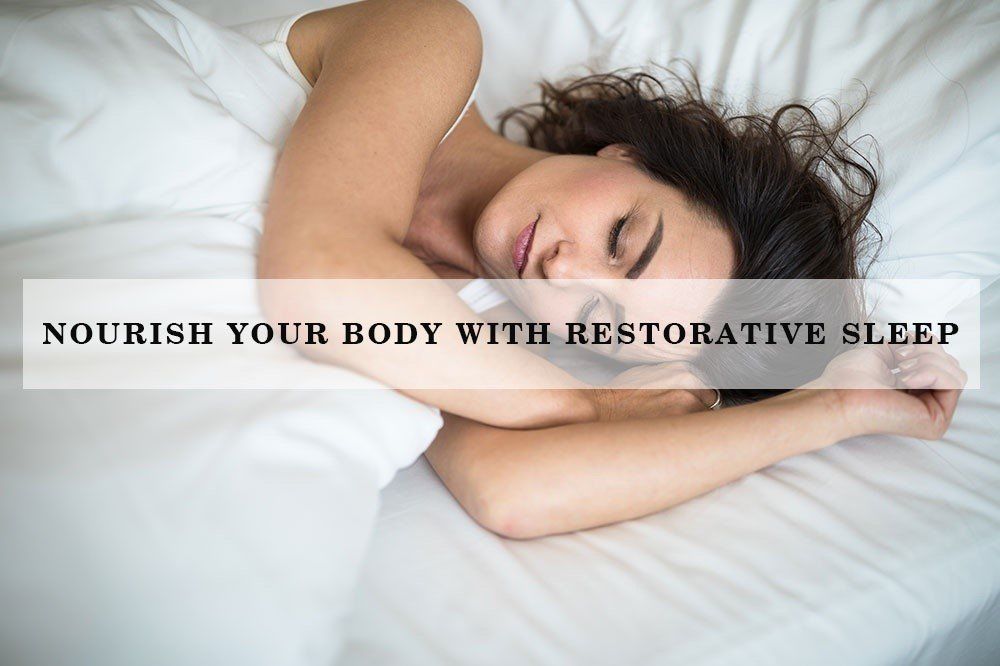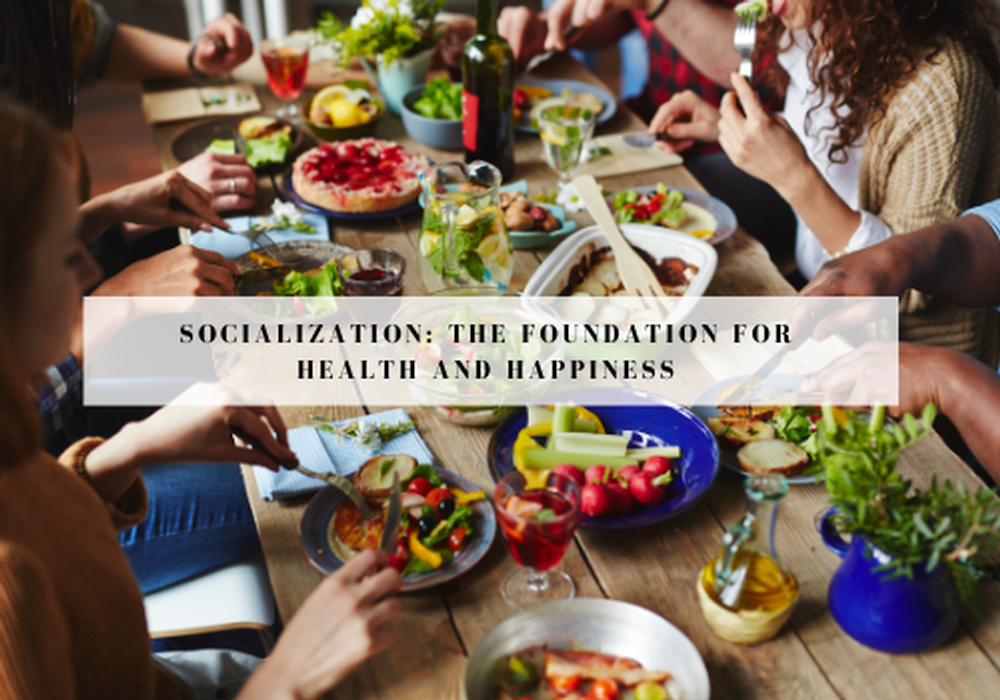Are Sleep (and Silence) Really "Golden?"
Are Sleep (and Silence) Really "Golden?"

“Early to bed, early to rise, makes one healthy, wealthy and wise.” We’ve all heard it before, and the importance of sleep cannot be downplayed or overlooked when it comes to good health. We feel great after a good night’s rest and probably know all too well, the consequences of a night of sleepless tossing and turning. This PhytoFit, LLC newsletter underscores the importance of 7-9 hours of uninterrupted sleep for health benefits and the health risks associated with less-than-optimal slumber. We will also look at some recommendations to help you improve your sleep.
Understanding why “adequate sleep” is important for good health is the first step to improving your sleep. You may recall from previous newsletters the six pillars of lifestyle medicine. Adequate sleep is a critical component of disease prevention, treatment, and reversal.
Lifestyle medicine is the use of evidenced-based lifestyle therapeutic approaches, such as a predominantly whole food, plant-based diet, regular physical activity, adequate sleep, stress management, avoidance of risky substance use and other non-drug modalities to treat, oftentimes, reverse and prevent the lifestyle-related chronic disease that’s all too prevalent in society.
Just how important is sleep? According to the American College of Lifestyle Medicine, Lifestyle Medicine Handbook, the effects of sleep deprivation can be long-term and quite significant. “Not only does it drain a person’s mental abilities, it also places their physical health at substantial risk, as well as dramatically lowers their quality of life. For example, research indicates that sleeping less than six to eight hours a night increases the risk of early death by approximately 12 percent.”
The National Sleep Foundation agrees and outlines appropriate sleep durations as follows:
· Age
· Hours per day
· Newborns
· 14 to 17 hours
· Infants
· 12 to 15 hours
· Toddlers
· 11 to 14 hours
· Preschoolers
· 10 to 13 hours
· School-aged children
· 9 to 11 hours
· Teenagers
· 8 to 10 hours
· Young adults and adults
· 7 to 9 hours
· Older adults
· 7 to 8 hours
Just like oxygen, water and food; our bodies need sleep to repair, recover and rebuild. When a person gets less than optimal sleep (less than 7-8 hours each night), negative health consequences may occur.
The “Women and Sleep” publication by the Society for Women’s Health Research states, “…short sleep duration and circadian disruptions are linked to our modern society’s major health problems such as obesity, cardiovascular disease, metabolic disorders, diabetes, stroke, cancer, mental illness and dementia. The evidence is clear that poor sleep and circadian health can have deleterious effects on both mental and physical health.”
In their book, Body On Fire, Monica Aggarwal, MD, and Jyothi Rao, MD, explain how lack of sleep leads to inflammation and poor health. “Circadian rhythms are the biological, physical, and behavioral changes that occur with a 24-hour sleep/wake cycle. This circadian rhythm is set to environmental cues, such as the rising and setting of the sun.” When the circadian rhythm or biological clock is disrupted, the body’s hormones become imbalanced. For example, cortisol, the stress hormone, is our “wake-up” hormone and is naturally peak in the morning in rhythm with the sunrise. This hormone should wane throughout the day under normal circumstances. “When we don’t sleep, these stress hormones remain at a higher level. Higher levels of stress hormones (chronic distress) over time can lead to inflammation.” (For more on circadian rhythm, visit: https://www.sleepfoundation.org/circadian-rhythm.)
Dr. Neal Barnard discusses the importance of sleep on the brain in his book, Power Foods for the Brain. “As you doze-off to sleep and your brain no longer has to pay attention to your conscious life, it can file away the experiences of the day, reset your emotional balance, shore-up your pain control, and generally tidy up,” he writes. Dr. Barnard explains, “Sleep is when memories are consolidated, like files being neatly stored in a filing cabinet. If your sleep is disturbed, your memory ‘files’ remain in a jumble and you’ll have trouble coming up with names and words you need.”
As we continue to learn more about the critical role that sleep plays in our health and wellbeing, here are some recommendations for improving your sleep from the National Institutes of Health:
- Follow a regular sleep schedule. Go to sleep and get up at the same time each day, even on weekends or when you are traveling.
- Avoid napping in the late afternoon or evening. A short nap (15 to 30 minutes) early in the afternoon can be refreshing, but longer naps may keep you awake at night.
- Develop a bedtime routine. Take time to relax before bedtime each night. Read a light book, listen to soothing music, or soak in a warm bath.
- Try not to watch television or use your computer, cell phone, or tablet in the bedroom. The light from these devices may make it difficult for you to fall asleep. Alarming or unsettling shows or movies, like horror movies, may keep you awake.
- Keep your bedroom at a comfortable temperature. Temperature fluctuations can hinder sleep. Do not make it too hot or too cold, and keep it as quiet as possible.
- Use low lighting in the evenings and as you prepare for bed.
- Exercise at regular times each day, but not within 3 hours of your bedtime.
- Avoid eating large meals close to bedtime—they can keep you awake.
- Stay away from caffeine late in the day. Caffeine (found in coffee, tea, soda, and chocolate) can keep you awake.
- Remember—alcohol won’t help you sleep. Even small amounts make it harder to stay asleep.
Sleep has always been very important to me. As I continue my personal journey in pursuit of optimal health and wellbeing, improving my sleep habits is paramount. Perhaps Thomas Dekker said it best, “Sleep is the golden chain that binds health and our bodies together.” Let’s see if we can build stronger chains and a stronger foundation of health by learning and practicing better sleep hygiene. If you have any recommendations for me or our readers, please be sure to share via email: debbie@phyto-fit.life.
Recipe Blog Posts









Other Blogs











